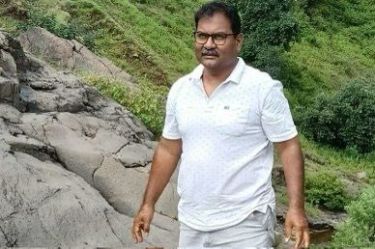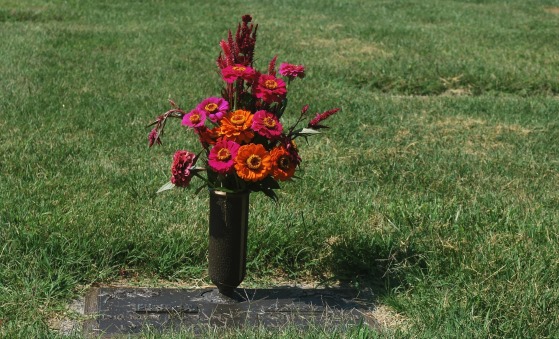
Sushil Nathaniel, a 58-year-old Christian and Life Insurance Corporation (LIC) branch manager from Indore, became the only identified Christian among 26 civilians killed when terrorists struck the scenic Baisaran valley in Pahalgam, Jammu and Kashmir on April 22. Nathaniel was shot after truthfully telling gunmen he was Christian and couldn’t recite the Kalma, the Islamic declaration of faith. Nathaniel, who had traveled to the picturesque region with his family for vacation, was shot dead when he identified himself as Christian and couldn’t recite the Kalma.
“They killed him in front of me... I couldn’t save my husband,” sobbed Jennifer Nathaniel, his 54-year-old wife, as she arrived at Indore airport on Wednesday evening. “I couldn’t bring my husband back the way I took him with me.”
According to Jennifer’s account, three young men confronted them while Sushil was returning from using a washroom. “They pointed a gun at my husband and told him to recite the kalma. He said he was Christian and didn’t know how to recite the kalma. That’s all he said. Then one of them pushed him and shot him in the chest,” she recounted through tears.
Austen Nathaniel, the couple’s 27-year-old son who witnessed the attack, provided disturbing details about the assailants. “Two boys around 15 years of age and carrying guns had approached my parents,” said Austen after his father’s last rites on Thursday. “When he said he was an Isai (Christian), they yelled saying ‘what Isai! Falisteen, Failsteen’ and shot him.”
The attackers reportedly emerged from the surrounding woods and targeted tourists at the popular vacation spot. In a particularly chilling detail, Austen revealed that the terrorists were methodical in their religious profiling, claiming they “kept asking everyone ‘Muslim? Muslim?’“ Even those who claimed to be Muslims and recited the Kalma were subjected to physical verification.
“Whoever said they were Muslims and even recited Kalma, the terrorists pulled down their pants to check and shot them if they were not circumcised,” Austen stated, adding that at least four attackers were involved, some with cameras mounted on their heads.
Jennifer’s horrific ordeal continued after her husband was shot. She survived by feigning death when the attackers returned to check on their victims. “I shut my eyes and held my breath. One of them kicked me, hard, to see if I was still alive. I didn’t flinch. I couldn’t,” she recalled. According to her testimony, the terrorists even took selfies with some of the bodies.
The family’s vacation turned into a nightmare when what they initially thought was “a loud sound” from a ropeway breakage turned out to be the first gunshot. “Everyone started running and hiding here and there. We hid behind the washroom... All of us started trying to run but the terrorists found us,” Jennifer said.
Sushil had pushed his wife to safety moments before being shot. When Jennifer regained consciousness and saw her husband lying dead, she ran screaming, “What is Kalma? They shot him!”
The couple’s daughter, Akanksha, 32, also sustained injuries during the incident. She attended her father’s funeral in a wheelchair and is currently hospitalized in Mumbai awaiting surgery for a fracture.
Sushil Nathaniel’s mortal remains arrived in Indore late night on April 23, where they were received by Chief Minister Mohan Yadav, who paid his respects at the airport. The next day, the body was taken to a church in the Nanda Nagar area for prayers and rituals before being buried in a Christian cemetery in the city. The funeral saw a large gathering, including Madhya Pradesh Government Minister Tulsi Ram Silawat and State Congress chief Jitu Patwari.
As the Nathaniel family grapples with their devastating loss, Austen voiced the family’s struggle amid the flood of sympathies from visitors and high-profile people. “Everyone is offering their sympathies, asking how we are doing. How would we be doing witnessing what we did in front of our eyes? But what can we do? We are fighting,” he said in a hushed voice.
The attack has cast a shadow over the tourist destination of Pahalgam and raised serious concerns about security in the region, which has long been popular with domestic and international visitors alike.




